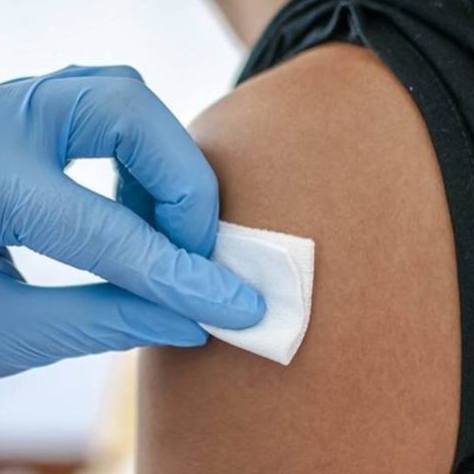Salmonella is a bacterial infection that can cause fever, abdominal pain, nausea, vomiting or diarrhea. It can be transmitted from contaminated food, such as raw meat or eggs. But what you may not know is that your pets — and the food they eat — could carry salmonella, which can make you and your family sick.
In this Mayo Clinic Minute, Dr. Tina Ardon, a family medicine physician, explains how to prevent salmonella infection from spreading.
Journalists: Broadcast-quality video (0:56) is in the downloads at the end of this post. Please courtesy: "Mayo Clinic News Network." Read the script.
Do you wash your pet's food and water bowls regularly? If not, you could be creating an environment that harbors salmonella, which can infect both you and your furry friend. While salmonella is a common cause of food poisoning, it also can be spread by animals and their environments.
"Salmonella is a bacterial infection that people can get from touching contaminated food or through contaminated water, or perhaps from their pets and their food and their feces," explains Dr. Ardon.
One of the best ways to keep yourself safe from salmonella infection is prevention.
"That requires us to wash your hands consistently. Be thoughtful about washing your pet bowls and be thoughtful about their food. Wash your hands after you handle certain animal environments — maybe their beds, sheets, that sort of thing," says Dr. Ardon.
Young children, older adults and people who are immunocompromised are especially at high risk of getting sick from salmonella infection.
"Most patients will recover on their own. Some patients may have more trouble and be so ill that they'll require things like IV fluids, perhaps hospitalization and, in rare cases, antibiotic therapy," says Dr. Ardon.
Related resources:
- Mayo Clinic Minute: Tips to avoid salmonella infection
- Signs and symptoms of salmonella infection
- Mayo Clinic Minute: Recognize symptoms of salmonella infection
Related Articles







